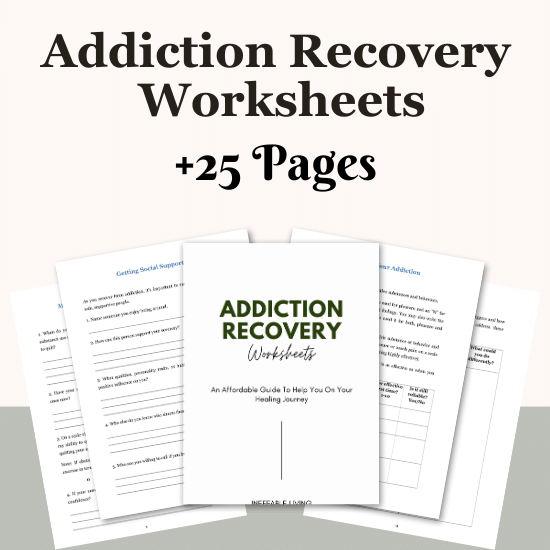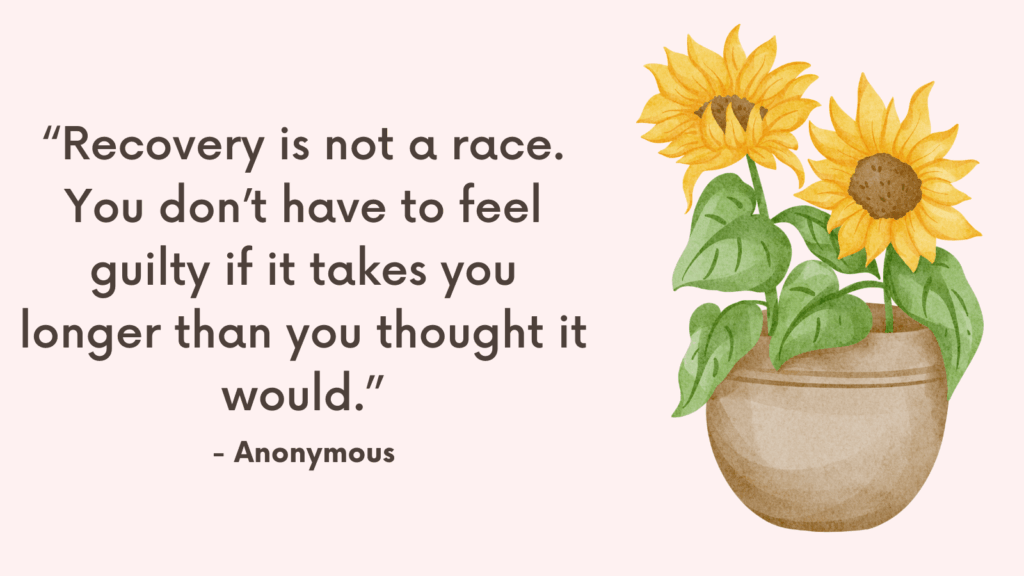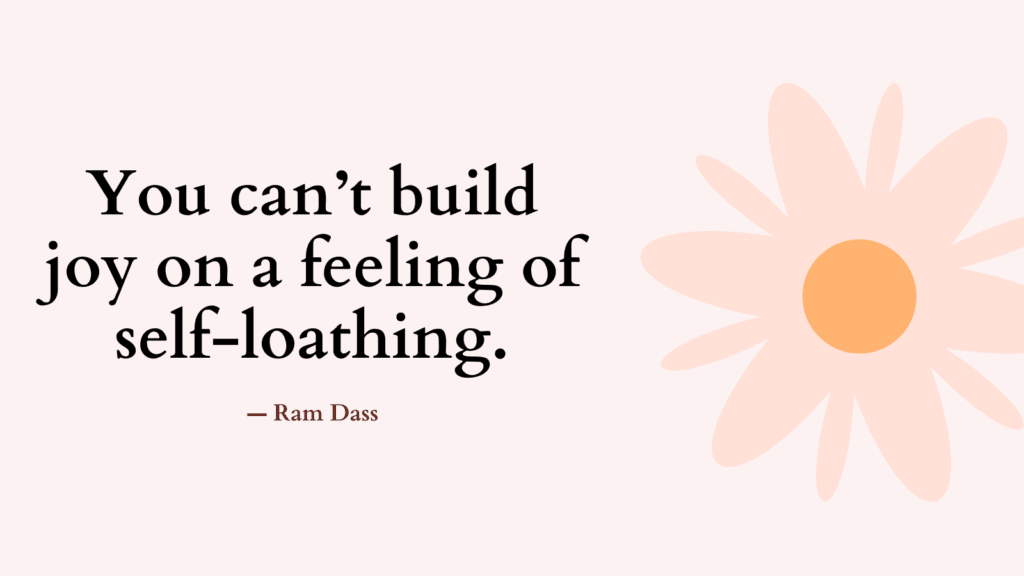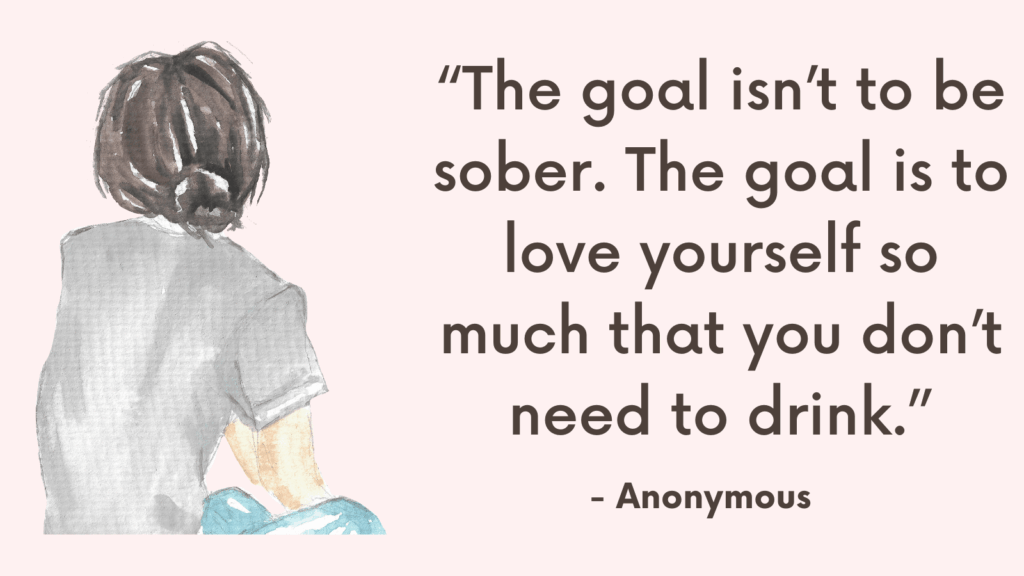When someone overcomes one addiction, there’s often a temptation to unconsciously replace it with another behavior that provides similar relief or stimulation. This is called substitution addiction — swapping one compulsive habit for another, such as replacing alcohol with excessive exercise, food, shopping, or even work. Preventing this requires awareness, strategy, and balanced recovery.
What Substitution Addiction Is
Substitution addiction happens when the root cause of addiction — like emotional pain, trauma, or unmet needs — isn’t fully addressed. Instead of healing the wound, the person finds a new outlet to escape or soothe discomfort. The new behavior may seem harmless or even healthy, but it serves the same compulsive function.
Common Substitution Addictions
1. Food Addiction
Many in recovery turn to food, especially sugar and processed snacks, for emotional comfort. Binge eating or constant snacking may offer temporary relief but can lead to guilt, weight gain, and health issues.
2. Caffeine Dependence
Coffee and energy drinks often replace former substances in recovery routines. While moderate caffeine is usually safe, excessive use can lead to anxiety, insomnia, and physical dependence.
Related: What Is Emotional Sobriety and How to Achieve It? (+FREE Worksheets)
3. Nicotine Use
People frequently increase smoking or vaping as a coping tool in sobriety. Though legal and accessible, nicotine is highly addictive and can become a new crutch.
4. Exercise Addiction
Physical fitness becomes problematic when done obsessively or to control emotional states. Warning signs include overtraining, injury neglect, and anxiety when missing a workout.
5. Workaholism
Work provides structure and distraction, but some immerse themselves excessively in jobs to avoid facing emotional discomfort. This leads to burnout, neglect of relationships, and imbalance.
6. Shopping or Spending
Buying things can create a dopamine rush similar to substance highs. Compulsive shopping may mask loneliness or sadness and can lead to debt and regret.
7. Gambling
Some recovering individuals seek thrill or escape through gambling. This can quickly spiral into a high-risk addiction with severe financial and emotional consequences.
Related: How to Break the Addiction Cycle? [Definitive Guide]
8. Sex and Romantic Obsession
Romantic relationships or sexual activity may be used to fill emotional voids or distract from loneliness. Constant partner-hopping or obsession over love can mirror addictive patterns.
9. Internet and Social Media
Excessive scrolling, gaming, or online engagement may serve as a distraction from real-life stressors. This can lead to disconnection, sleep disruption, and low self-esteem.
How to Prevent Substitution Addictions (Trading One for Another)?
1. Identify Your Patterns and Risk Areas
Reflect on your habits, especially those that feel excessive, impulsive, or hard to stop. Ask yourself: “What am I avoiding or trying to feel by doing this?” Common substitutions include sugar, caffeine, sex, gambling, work, online scrolling, and even spiritual over-immersion.
2. Address the Root Causes of Addiction
True healing comes from dealing with the core pain — not just removing the substance. This involves therapy, trauma work, emotional processing, and facing difficult feelings without numbing them.
Related: 4 Stages of Addiction (+FREE Worksheets)
3. Develop Healthy Emotional Coping Skills
Learn to sit with discomfort and process emotions in a healthy way. Practice mindfulness, journaling, deep breathing, and open conversations with trusted people. Emotional maturity reduces the need to escape.
4. Set Boundaries Around New Habits
It’s okay to enjoy new activities, but they should remain balanced. Set time limits, track your use, and make sure the activity is life-enhancing — not just another form of escape.
5. Watch for Reward-Seeking Loops
Be cautious with behaviors that trigger dopamine hits, like social media, shopping, or gaming. These can become compulsive if they become your primary source of pleasure or validation.
6. Stay Honest With Yourself
Self-honesty is key. Regularly ask: “Am I doing this to feel joy, or to avoid pain?” If an activity starts to feel controlling or guilt-inducing, it might be time to reassess.
7. Work With a Therapist or Sponsor
A professional can help you spot subtle patterns before they become full-blown addictions. Regular check-ins with a therapist, sponsor, or accountability partner provide perspective and guidance.
Related: Top 9 Excuses For Not Drinking
8. Create a Holistic Routine
A balanced life includes rest, connection, purpose, physical care, and spiritual grounding. Avoid pouring all your energy into one area while neglecting others.
9. Embrace Real Joy, Not Just Relief
Substitution addiction often offers quick relief, not long-term satisfaction. Focus on building a life of real meaning — through relationships, creativity, service, and personal growth — rather than chasing temporary highs.

Conclusion
Preventing substitution addiction isn’t about denying yourself pleasure — it’s about being free from the need to compulsively chase it. True recovery means wholeness, not just abstinence.



